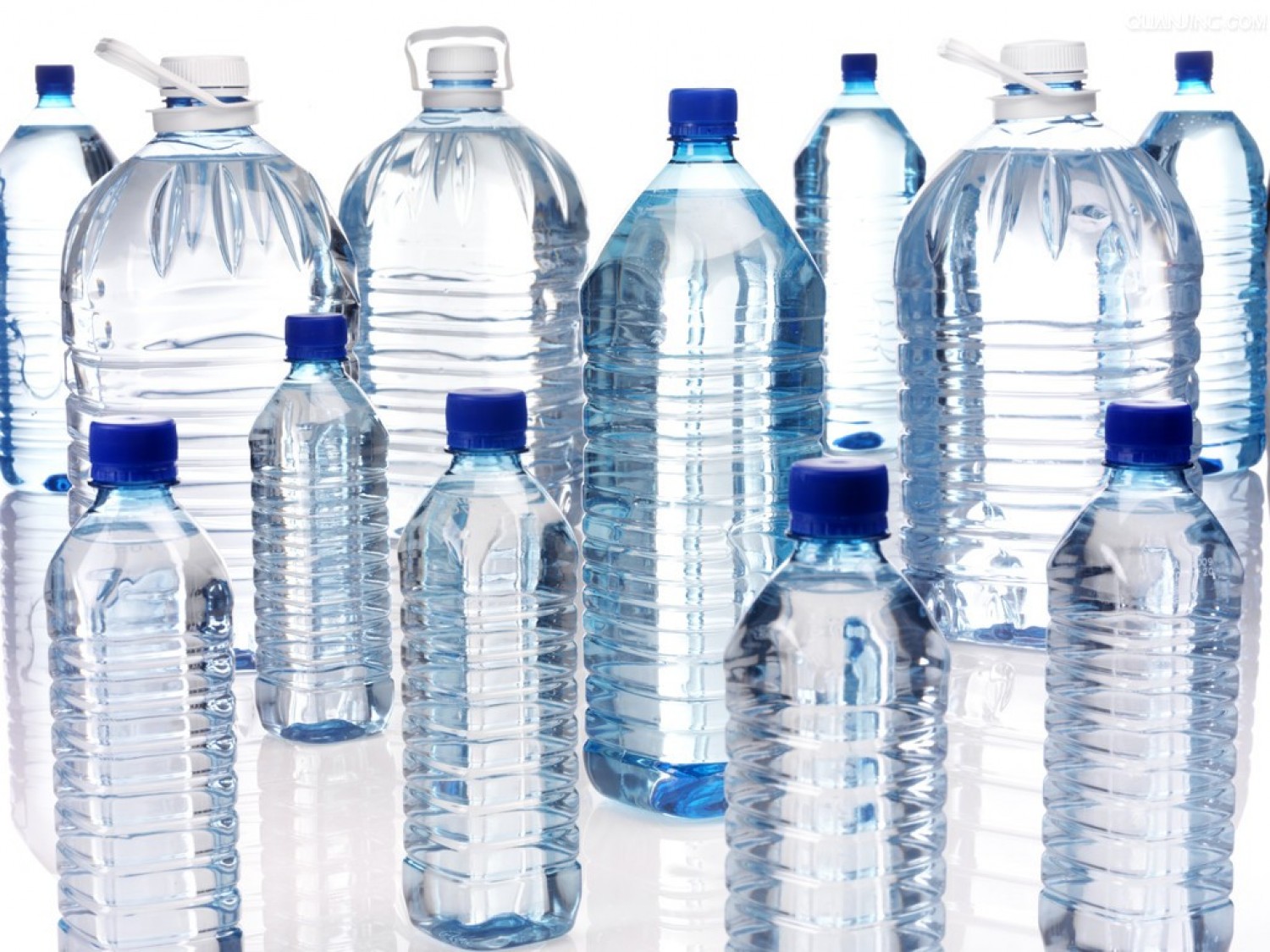Title: A Comprehensive Guide on the Advantages and Disadvantages of Using Chlorine
Introduction:
Chlorine, a widely used chemical compound, is known for its versatile applications in various industries and daily life. From water treatment to swimming pools and industrial processes, chlorine offers several advantages. However, like any other chemical substance, it also carries certain disadvantages that need to be taken into consideration. In this guide, we will discuss multiple advantages and some associated disadvantages of utilizing chlorine.
Advantages of Using Chlorine:
-
Effective Disinfectant: One of the primary advantages of chlorine is its exceptional disinfection properties. Chlorine effectively destroys harmful bacteria, viruses, and parasites present in water supplies, making it suitable for water treatment systems in both municipal and residential settings.
-
Reliable Water Purification: Chlorine's effectiveness in killing various disease-causing microorganisms makes it an essential component of water purification systems. It provides reassurance against waterborne diseases such as cholera, diarrhea, and typhoid, ensuring safe drinking water.
-
Affordable: Chlorine is readily available at a reasonable cost, making it a cost-effective option for many water treatment facilities, swimming pools, and industrial applications. Its affordability allows for broader accessibility and usage across different sectors.
-
Versatile Applications: Chlorine exhibits versatility in its applications. Apart from water disinfection, it is also used in the production of PVC plastics, pharmaceuticals, cleaning agents, bleaching agents, and textile industries. This versatility highlights its importance in everyday products.
-
Long Shelf Life: Chlorine typically has a long shelf life when stored properly. This characteristic ensures extended usability and availability for different applications.
Disadvantages of Using Chlorine:
-
Health Risks: Excessive exposure to or inhalation of chlorine gas may cause health complications such as respiratory irritation, skin allergies, eye irritation, and even asthma attacks. Proper safety measures, including protective gear, should always be employed when handling chlorine.
-
Environmental Impact: Chlorine by-products, such as trihalomethanes (THMs), are generated during disinfection processes when chlorine reacts with organic matter. THMs are considered potential carcinogens and pose environmental concerns, especially in aquatic ecosystems.
-
Corrosive Nature: Chlorine is highly corrosive and can damage infrastructure, including pipes, valves, and storage tanks. Regular maintenance and proper material selection are necessary to prevent corrosion-related issues.
-
Odor and Taste: Chlorine can impart an unpleasant odor and taste to the water. Although its low concentrations are not harmful, it might affect the acceptability of water in certain applications such as drinking and food processing.
-
Disinfection By-Product Concerns: Chlorine can react with naturally occurring organic matter in water sources to form disinfection by-products (DBPs) such as chloroform and bromate. Certain DBPs have been associated with health risks, including increased cancer risks over long-term exposure.
Conclusion:
Chlorine offers several advantages, such as a reliable disinfectant, affordability, and versatility in various industrial applications. However, it is vital to acknowledge the potential health risks, environmental concerns, corrosive nature, unpleasant taste, and the formation of disinfection by-products associated with chlorine usage. By understanding both the advantages and disadvantages, appropriate precautions can be implemented for safe and responsible utilization of chlorine in our daily lives.



 Admin
Admin 





